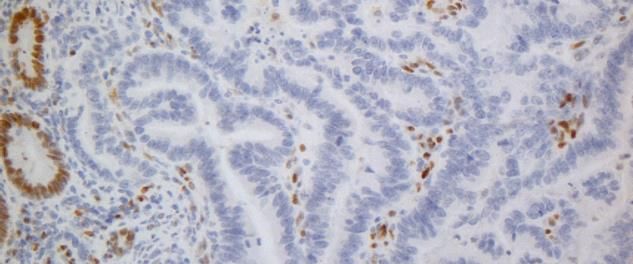Colorectal tumorigenesis
Prof. Giancarlo Marra
University of Zurich
Molecular Cancer Research
Departments of Medicine and Life Sciences
Winterthurerstrasse 160, 8057 Zürich
marra@imcr.uzh.ch
Prof. Giancarlo Marra
University of Zurich
Molecular Cancer Research
Departments of Medicine and Life Sciences
Winterthurerstrasse 160, 8057 Zürich
marra@imcr.uzh.ch
Tumorigenesis, Large Bowel, Adenomas, Sessile Serrated Lesions, Epigenetics
Thanks to the availability of high-throughput analytical tools (genomics, epigenomics, transcriptomics, proteomics, metabolomics etc.), we identify, in colon tumor tissues, a vast number of molecular characteristics. This is an essential step toward a more effective clinical management of patients with colorectal preinvasive tumors or cancers.
Cancer of the large intestine is no longer viewed as a single disease entity: several distinct phenotypes have been identified, and this phenotypic variability is already evident in the precancerous lesions that develop in the gut mucosa. Even today, precancerous lesions are often referred to collectively as colorectal polyps. However, although most of these premalignant lesions are raised, polyp-like growths, more recent research has revealed that there are others that are only slightly elevated above the mucosal surface, flat, or even depressed like a crater. Polyps are much easier to see during routine colonoscopy, and that is one reason they have received so much attention. But the nonpolypoid lesions are now being identified with increasing frequency, in part because clinicians are becoming more aware of their existence and importance, and in part because of the development of more sensitive endoscopic techniques. Molecular changes affecting the genes determine different tumor phenotypes. They also influence tumor behaviour and clinical outcome. We intend to identify a vast number of these changes using high-throughput analytical tools.
Publications